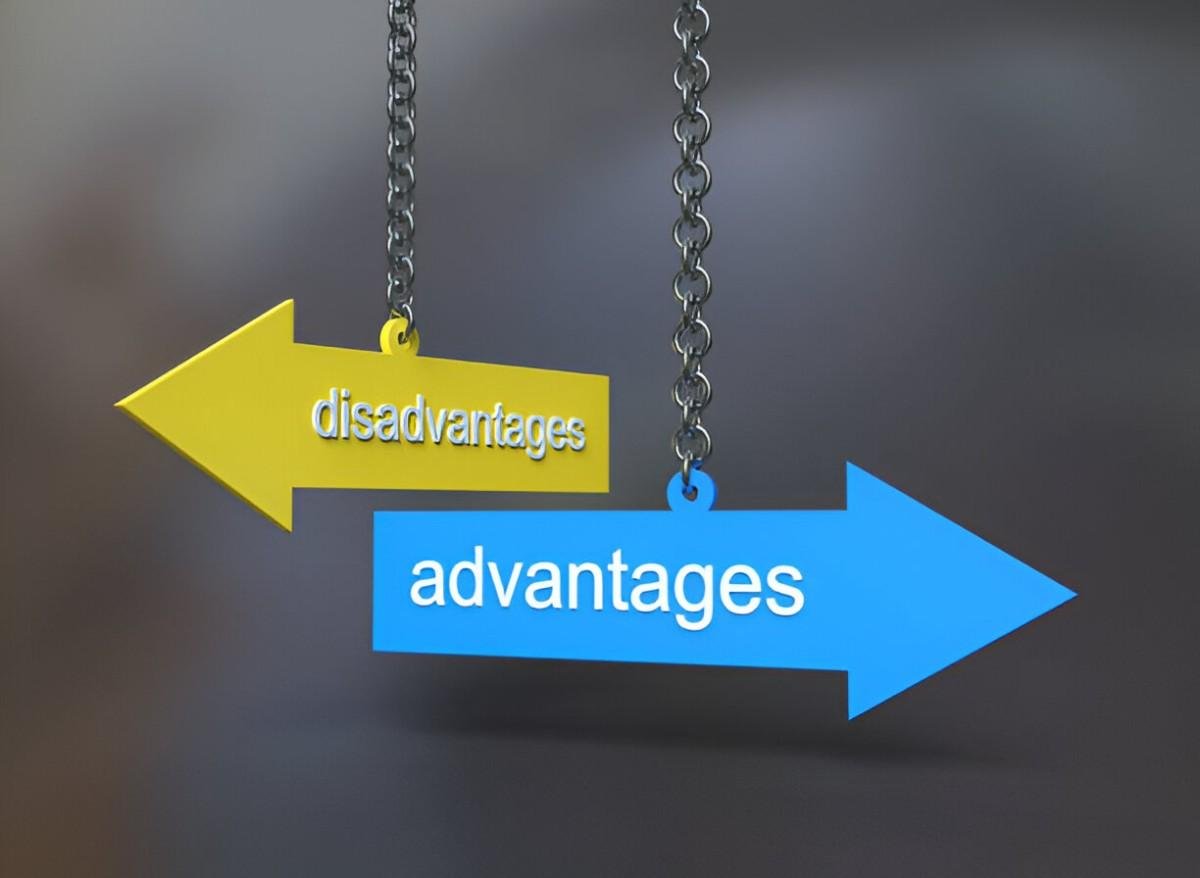Investing in mutual funds presents a common dilemma: should I invest a lump sum or opt for dollar-cost averaging (DCA)? As a finance expert, I often analyze this question with clients. Lump sum investing means deploying a large amount of money into mutual funds at once, while DCA spreads investments over time. Both have merits, but today, I focus on lump sum mutual funds—their benefits, drawbacks, and real-world implications.
Table of Contents
What Are Lump Sum Mutual Funds?
A lump sum investment in mutual funds involves committing a significant amount of capital in a single transaction. For example, if I inherit $100,000 and invest it all at once in an S&P 500 index fund, that’s a lump sum strategy.
How Lump Sum Investing Works
When I invest a lump sum, the entire amount is subject to market movements immediately. The returns depend on market conditions at the time of investment. Mathematically, the future value (FV) of a lump sum investment can be calculated using the compound interest formula:
FV = P \times (1 + r)^nWhere:
- P = Principal investment
- r = Annual return rate
- n = Number of years
If I invest $50,000 in a mutual fund with an average annual return of 7% for 10 years, the future value would be:
FV = 50,000 \times (1 + 0.07)^{10} \approx \$98,357.57This shows the power of compounding when investing a lump sum early.
Advantages of Lump Sum Mutual Funds
1. Higher Potential Returns
Historically, lump sum investing outperforms dollar-cost averaging about two-thirds of the time. A Vanguard study found that lump sum investments in a 60/40 stock-bond portfolio beat DCA in 68% of cases over 10-year periods.
Why?
- Markets tend to rise over time.
- More time in the market means greater compounding.
2. Lower Transaction Costs
If I invest $100,000 at once, I pay transaction fees (if any) once. With DCA, frequent purchases may incur more fees.
3. Simplicity and Time Efficiency
A lump sum requires one decision. DCA demands ongoing attention, which may lead to emotional mistakes.
4. Tax Efficiency (In Some Cases)
For taxable accounts, fewer transactions mean fewer taxable events. Capital gains taxes apply only when selling, not buying.
Disadvantages of Lump Sum Mutual Funds
1. Market Timing Risk
If I invest right before a downturn, my portfolio suffers immediately. For example, investing a lump sum in early 2008 before the financial crisis would have led to significant short-term losses.
2. Psychological Stress
Seeing a large investment drop in value can trigger panic selling. Many investors struggle with volatility.
3. Opportunity Cost of Holding Cash (For DCA Comparisons)
If I hold cash to DCA, I miss potential gains. The longer I delay, the more opportunity cost I incur.
4. Limited Flexibility
Once invested, reallocating requires selling, which may trigger taxes or fees.
Lump Sum vs. Dollar-Cost Averaging: A Comparison
| Factor | Lump Sum Investing | Dollar-Cost Averaging (DCA) |
|---|---|---|
| Potential Returns | Higher (historically) | Lower (due to delayed exposure) |
| Risk Exposure | Immediate | Gradual |
| Emotional Comfort | Lower | Higher |
| Transaction Costs | Lower | Higher (if frequent purchases) |
| Tax Efficiency | Better (fewer events) | Worse (more transactions) |
When Should I Choose Lump Sum Investing?
- When markets are undervalued: If P/E ratios are low, a lump sum may capture upside.
- For long-term investors: Time smooths out short-term volatility.
- When I have a windfall: Inheritances or bonuses can be deployed efficiently.
Mathematical Example: Lump Sum vs. DCA
Suppose I have $60,000 to invest. Two options:
- Lump Sum: Invest all $60,000 today.
- DCA: Invest $5,000 monthly for 12 months.
Assume an annual return of 8%.
Lump Sum Future Value (10 years):
FV = 60,000 \times (1 + 0.08)^{10} \approx \$129,535DCA Future Value (10 years):
Since DCA staggers investments, we calculate each $5,000 separately:
The lump sum yields ~$8,135 more in this scenario.
Behavioral Considerations
Even if lump sum investing is statistically better, behavioral biases matter. If I’m prone to panic-selling, DCA may be a safer psychological choice.
Conclusion: Is Lump Sum Right for Me?
Lump sum investing maximizes returns but requires discipline and risk tolerance. If I can stomach volatility and have a long horizon, it’s often the better choice. However, if market downturns keep me awake at night, DCA provides peace of mind.





